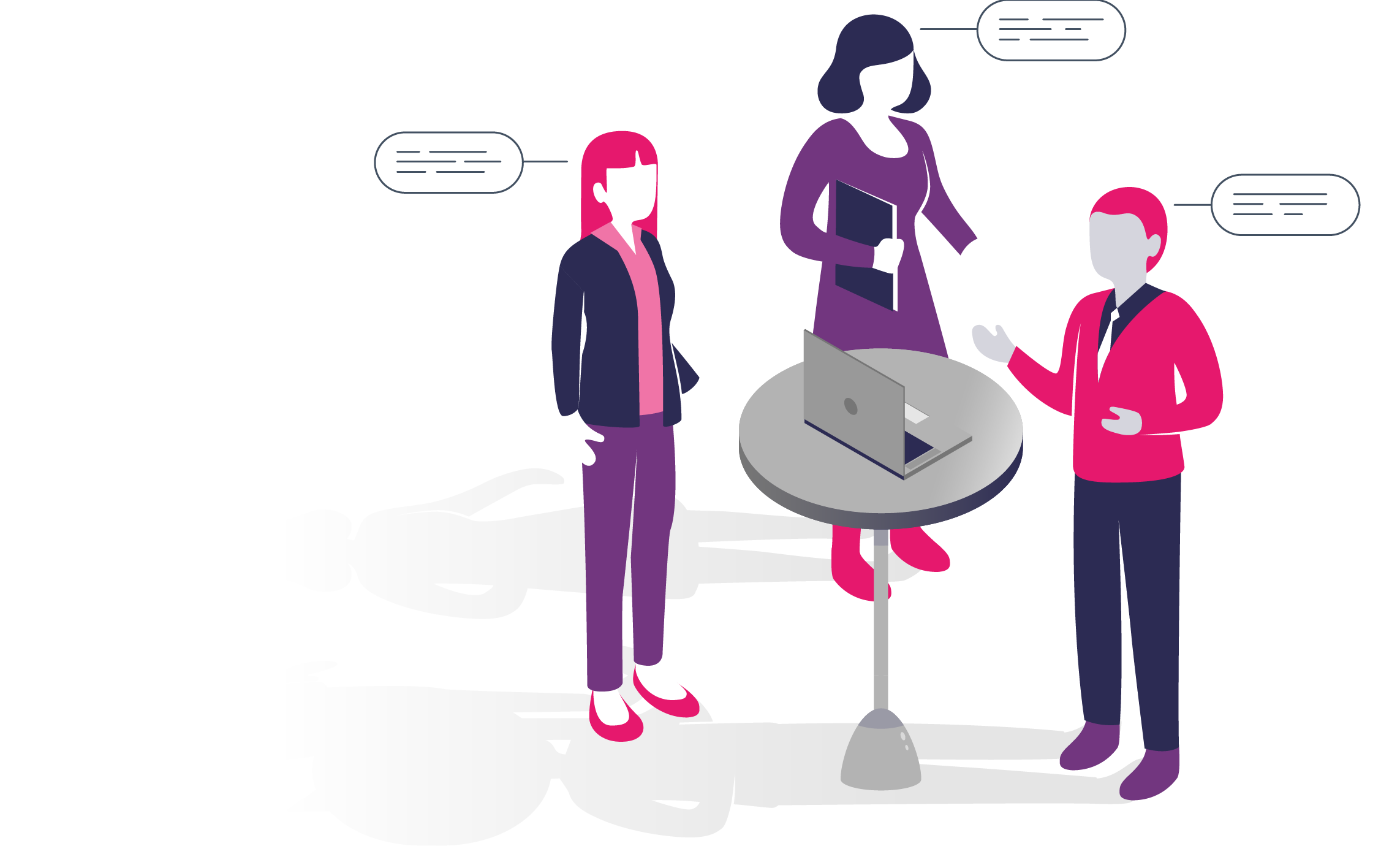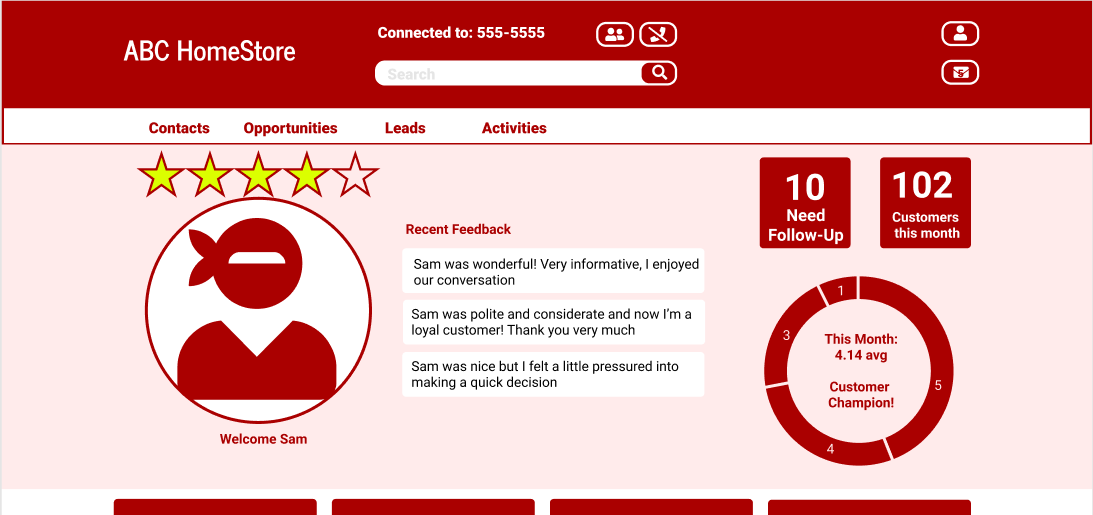Upcoming Event: Mar 24, 2026
Join us at Oracle AI World Tour London 2026
1 min read

Author: Amardeep Parmar
3 min read
If you haven’t already read my introductory blog post to the gamification series, including a summary of Bartle’s four player types, you can read it here.
Socialisers are powerful sharers of knowledge across an organisation. They are characterised by finding the most joy through interacting with their colleagues, spreading ideas and success.
A massive 80% of the population are estimated to be Socialisers so it is very likely businesses would benefit from more social features within their CRM tools. This is because, when everyone in a team is working to a common goal such as team-related targets, the socialisers are motivated to work harder and perform better.
As so many of us are socialisers, it is rare to find an industry that isn’t dominated by them. Exceptions can be in highly competitive fields where rewards are individualised or where division of labour is absolute, such that team members need not collaborate.

Laura works for a large financial company with lots of specialised sales teams for different products and she has both an individual target and team target. When these targets are met, Laura and her team receives commission and the office whiteboard is updated with new sales team totals.
But how can a business motivate sales teams via the employee experience they get from their technology?
In Laura’s Oracle CRM, the homepage could be replaced with a dashboard that shows not only her progress but that of the team. She could get notifications when other members of her team make a sale with the ability to give a thumbs up. Greater awareness of how her team are doing allows her to congratulate her colleagues and builds excitement as the team target nears.
In a different scenario, Laura’s company might want to increase cross-team collaboration by encouraging salespeople to refer customers to other teams where they think their profile aligns with another product. With their CRM, each team can create a profile of their ideal customer whilst the sales consultant may get suggestions to refer the customer to another team based on their information. Users will have a referral score of the value of deals they have sourced which gives them social influence and the gratitude of their colleagues.

Sam works in a call centre, ringing existing customers to inform them of other products they may be interested in. Often customers can be reluctant to trust Sam and he enjoys settling their nerves. He gets the most satisfaction from his job when he is able to understand the customer and recommend a product that adds value to their lives. Sam is unaware that customers are asked for call feedback via email.
Integrating the feedback system into the CRM would help motivate Sam.
Customers can be asked if they want their feedback to remain anonymous or to switch operators. When Sam logs in, he sees a feed of his latest ratings and comments. This helps him feel good about the work he does and when he calls the same customer with new product options, he can see their feedback, enabling him to maintain a closer bond with them.

Socialisers love working collaboratively with others. Gamification can be used in Oracle CRM to encourage knowledge sharing and employee relations, with players more likely to be motivated to seek what’s good for the team over individual performance.
Many organisations prefer to encourage more separatist behaviour, but that’s a whole different type of ‘player’ (more about Killers here).
Be sure to check in for the other installments in this blog series which look at Explorers, Achievers and Killers, and see if these apply to you or your team!
1 min read
Join us to experience the future of AI and Cloud!
2 min read
Explore how Network Rail provides high-quality information to its customers and users...
3 min read